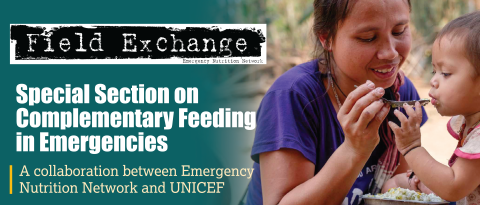Dying to adapt: A comparison of African healthcare spending and climate adaptation costs
This is a summary of the following report: Tear Fund Report (2022) Dying to Adapt: A comparison of African healthcare spending and climate adaptation costs.
The climate crisis is a global challenge, yet its costs and impacts are disproportionately felt by people living in poverty in low-income countries, those who did the least to cause it and have the fewest resources to respond to it.
Eleven countries in sub-Saharan Africa, with a total population of over 350 million people, now face climate adaptation costs that exceed their national spend on healthcare – over four times more in the most vulnerable country (Eritrea). These nations include Cameroon, Cape Verde, Chad, Republic of Congo, the Democratic Republic of Congo, Eritrea, Ethiopia, Madagascar, Mali, Mauritania, and Sudan.
The scale of climate adaptation needs continues to grow, but it is estimated that low-income countries are currently receiving as little as 10% of what they require for adaptation from international climate finance. Urgent action is needed to ensure that climate-vulnerable countries can protect themselves in advance of worsening climate shocks. In the meantime, innovative climate solutions, such as solar-powered wells and sustainably oriented farming practices, are being developed by those communities most affected by climate change. For example, in southern Ethiopia, over 10,000 farmers are now practicing conservation agriculture, allowing crops to be grown in dry seasons. Yet, in many cases, the full impact of these solutions is being held back by a lack of finance.
In 2009, world leaders promised to deliver US$100 billion a year from 2020 to 2025 to support low-income countries and communities to mitigate and adapt to climate change. Yet, despite many repetitions of this pledge, in 2022 this promise has still not been fully met. Of the funding that has been delivered, most has arrived in the form of loans rather than grants, adding to national debts that have already grown rapidly because of the Covid-19 pandemic.
Funding to support climate resilience in this particularly vulnerable region is long overdue. Delivering this promised finance is key to rebuilding trust in climate vulnerable communities and alleviating their suffering. Not only that, but investment in this area may offer tremendous impact where climate finance enables sustainable solutions that could unleash the great economic and innovative potential that already exists in climate-vulnerable communities, allowing them to lift themselves out of poverty.


 English
English Français
Français Deutsch
Deutsch Italiano
Italiano Español
Español